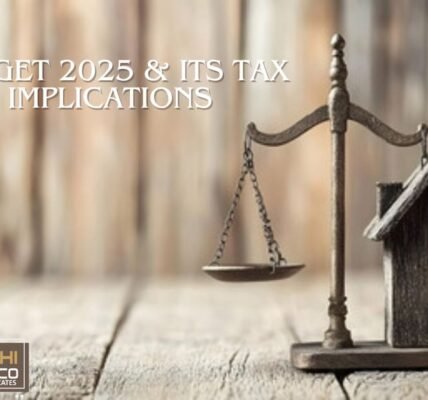Managing finances in the real estate industry can be challenging. Whether you’re a real estate investor, property manager, or broker, keeping accurate financial records is crucial for long-term success. However, many real estate businesses fall into common accounting traps that can lead to cash flow problems, compliance issues, and financial losses. Here are ten common accounting mistakes real estate professionals make and how to avoid them.
1. Mixing Personal and Business Finances
Numerous real estate experts fall flat to isolate their individual and commerce accounts. This may lead to confusion, complications, and missed conclusions. Opening a dedicated business bank account and credit card guarantees all expenses are followed precisely.
2. Poor Expense Tracking
Coming up short to track costs appropriately can result in missed tax deductions and wrong monetary reporting. Utilizing bookkeeping program like QuickBooks or Xero makes a difference categorize expenses and keep up computerized receipts.
3. Not Keeping Accurate Records of Transactions
Fragmented or disorganized records can make issues amid tax season and reviews. Keeping up detailed records of all exchanges, counting solicitations, receipts, and contracts, makes a difference maintain a strategic distance from monetary inconsistencies.
4. Failing to Reconcile Bank Statements
Dismissing to accommodate bank statements can result in undetected blunders, duplicate payments, or extortion. Accommodating accounts month to month guarantees precision and makes a difference recognize errors early.
5. Improper Handling of Security Deposits
Mismanaging occupant security deposits can lead to legitimate inconveniences and budgetary punishments. Keeping security deposits in a isolated escrow account and taking after local regulations guarantees compliance.
6. Not Accounting for Depreciation
Genuine domain resources deteriorate over time, and coming up short to account for devaluation can affect assess liabilities. Working with an bookkeeper guarantees the proper deterioration strategies are connected to properties.
7. Ignoring Tax Deadlines
Missing tax due dates can result in punishments and intrigued charges. Setting up updates for quarterly charge installments and yearly filings makes a difference keep up compliance.
8. Overlooking Cash Flow Management
Destitute cash flow management can lead to budgetary insecurity, particularly in slow market conditions. Checking cash stream routinely and arranging for regular variances makes a difference avoid liquidity issues.
9. Not Hiring a Professional Accountant
Attempting to handle everything alone can lead to expensive mistakes and missed opportunities for assess investment funds. Contracting a genuine estate-focused bookkeeper guarantees compliance and optimizes budgetary techniques. Shahi & Co. gives master bookkeeping administrations custom fitted to genuine domain businesses, making a difference them oversee funds effectively and remain compliant with budgetary directions.
10. Ignoring Technology and Automation
Manually managing funds can be time-consuming and inclined to blunders. Contributing in cloud-based bookkeeping instruments and mechanizing repeating exchanges streamlines forms and minimizes errors.
Our team provides innovative solutions for conveyance, re-conveyance, mortgages, and other security interests, ensuring compliance with relevant regulations.
Conclusion
Avoiding these bookkeeping mistakes can offer assistance real estate experts keep up budgetary solidness and develop their commerce. By executing best hones and leveraging proficient bookkeeping administrations, you will guarantee long-term victory within the real estate industry. Require master bookkeeping administrations for your real estate trade? Contact Shahi & Co. today for professional financial guidance.




